He mihi tēnei ki a koutou o te whānau i whakarauika mai i raro i te kaupapa nunui o Te Rau Herenga o Aotearoa 2023.
Te Rau Herenga o Aotearoa LIANZA 2023 Conference is a wonderful opportunity to bring people together from across our diverse library and information sector. The conference will be held between October 30 - November 1 at Te Pae Christchurch Convention Centre.
Te Pae Maunga – our mountain views. The source of origin and central to the land and people. Mountains are a key element of the Southern landscape, just as Te Pae is a central point within the city.
Te Pae Whenua – the vast plains we inhabit. With strong ties to mountains and the rivers and plains they create, it is only natural this influence can be found in the building’s design, where shapes and lines represent the contours of the Southern Alps and braided rivers of Canterbury.
Te Pae Tangata – a place to meet and converse. To talk, to be hosted, to share, entertain and inform, for Christchurch, Te Pae is a gathering place.
LIANZA 2023 will meet the diverse professional needs and interests of the sector. It will be an unparalleled opportunity to connect and engage with delegates, speakers and vendors. We are so ready to meet again and share with colleagues from all over the country.
We are seeking people keen to help make LIANZA 2023 a reality by joining the conference committee. The conference committee is made up of the conference chair(s), programme coordinator, bicultural convenor (based on recommendations), social coordinator and other members, as required.
LIANZA is seeking passionate, energetic people who are ready to think differently and create a conference that responds to the opportunities, issues, and trends facing the library and information sector.
- The committee is strongly supported by the LIANZA Office and The Conference Company, our professional conference organisers (PCO).
- The conference committee develops the LIANZA 2023 conference vision and theme, creates the programme and plays a key role in the delivery of the conference alongside the PCO and executive director.
- You need to be willing to work as part of a team to deliver an outstanding conference.
- Prior conference organising experience is not required, but your passion for the impact and contribution of the library and information sector is a must-have!
- You do not need to be located in Christchurch and people are sought from any role within the wider library and information sector.
- All members of the committee, except the bi-cultural convenor, need to be personal members of LIANZA, orTe Rōpū Whakahau or staff at LIANZA member institutions.
- The conference chair role can be shared by two people.
- Individuals or groups can express interest in forming the LIANZA 2023 conference committee.
- LIANZA Council approves the appointment of the conference committee, the conference vision, and the budget.
- Meetings will be held by Zoom and other communication will be by email.
- A minimum meeting time commitment may be an hour each month from December and more frequently in the six months prior to the conference.
Please complete this form by Tuesday, November 8 to tell us why you want to be involved, what you will bring to this work, and what you think LIANZA 2023 needs to achieve for the sector.
The first committee meeting will be held via Zoom in December.
If you have any questions please email Ana Pickering, LIANZA Executive Director at [email protected].
| “I found being on the LIANZA 2021 conference committee a great opportunity to work alongside others, network, and help review and schedule papers for the programme. It was interesting to see first-hand all the working cogs that make up a conference and feel like I’d contributed to it. I enjoyed being part of a sub-committee that organised social activities. Planning the 2021 conference tested our resilience to adapt to an ever-changing COVID environment and pivot to an online conference when a face-to-face conference wasn’t possible. I would recommend to others to put their hand up to contribute to a conference committee if they are able to commit to supporting our community in this way.” Natalie Smith |
| “Immensely rewarding” is how I’d describe the experience of being a LIANZA 2019 conference convenor. This description doesn’t negate the feelings of stress and being overwhelmed at times, but those feelings get fully eclipsed when the conference you had planned with your convening group, LIANZA Office and conference planners is executed, and viia le Atua (glory to God), it pulled off even better than you even anticipated.” Richy Misilei |
What would you like to experience or learn about at LIANZA 2023? Here’s your opportunity to let us know what a great conference experience will look like.
Share your thoughts on the form below.

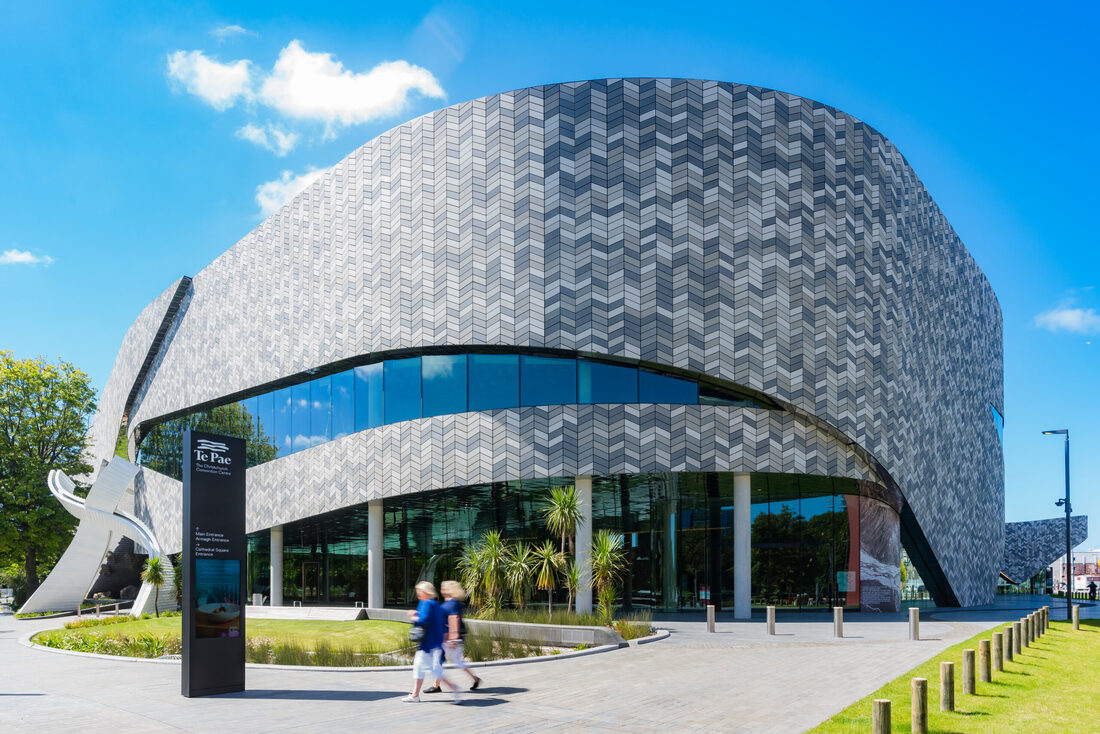
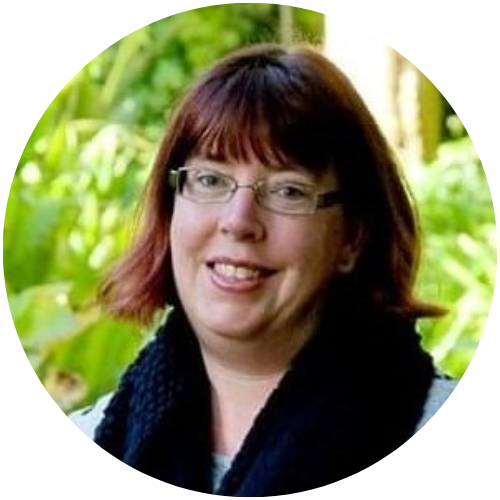
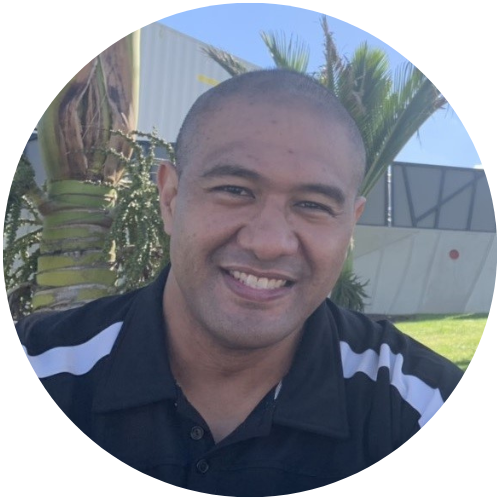
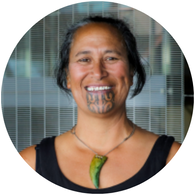
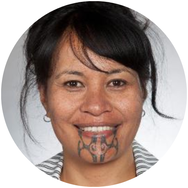

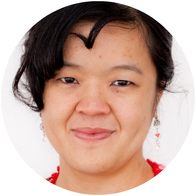
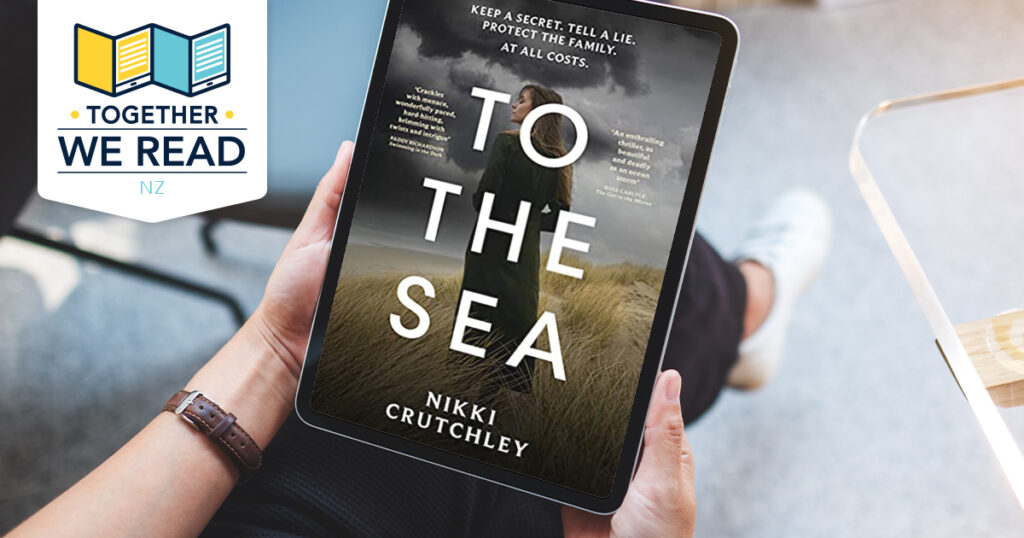

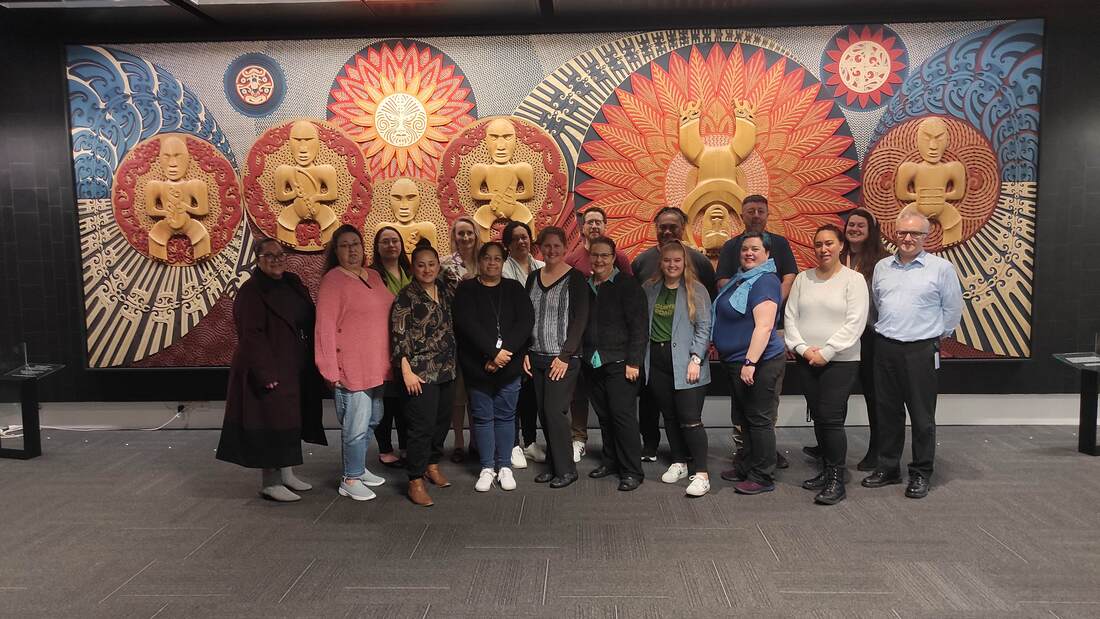
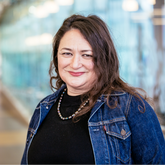
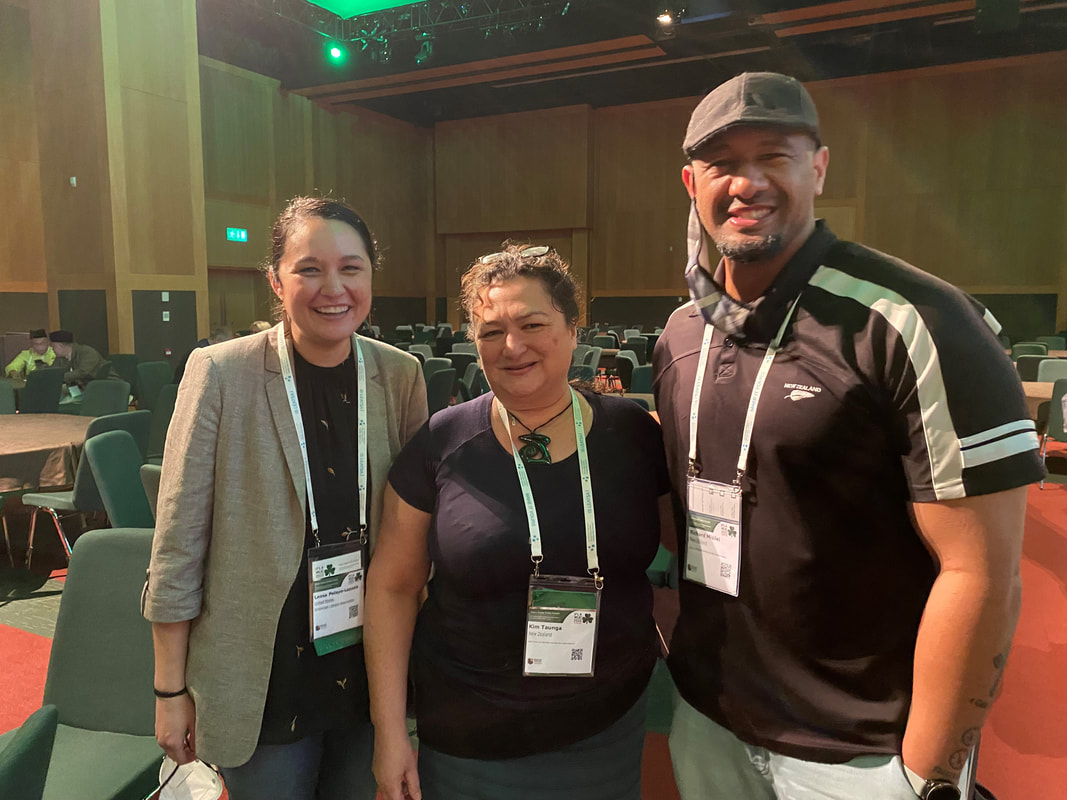
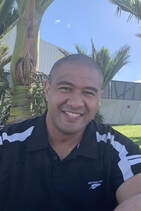
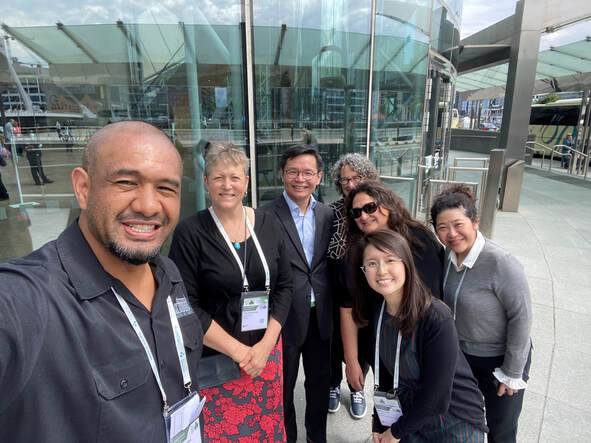
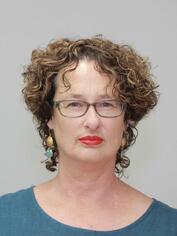
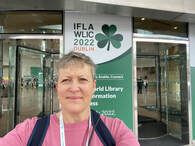
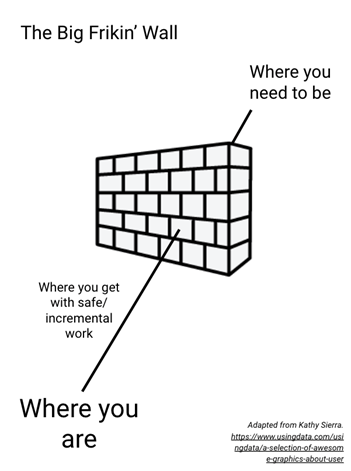
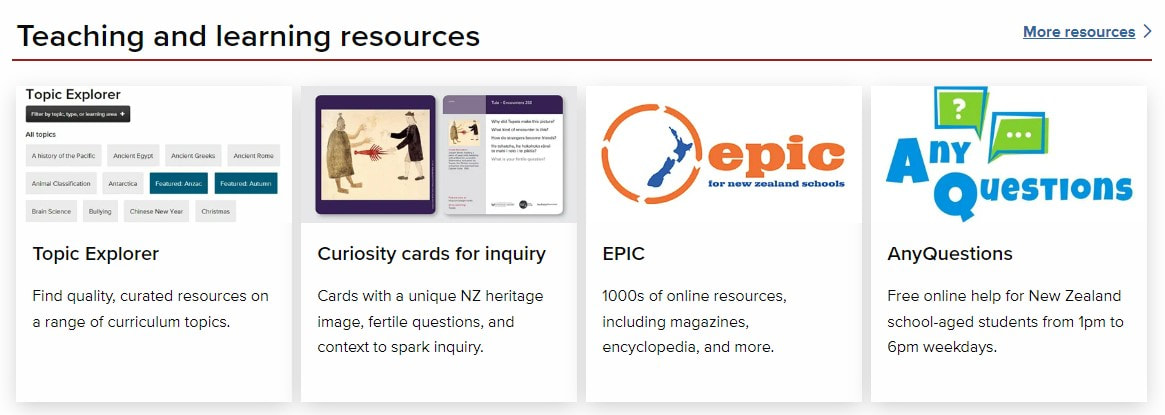
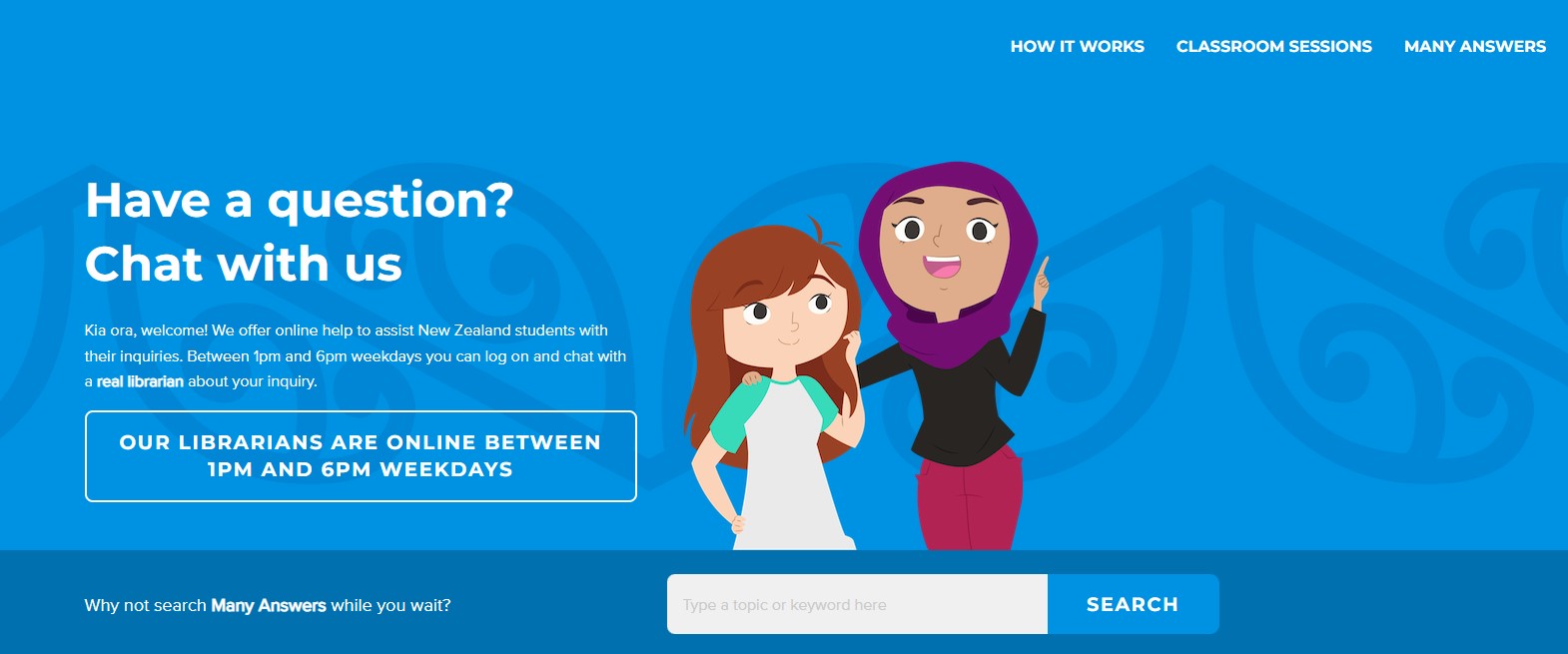
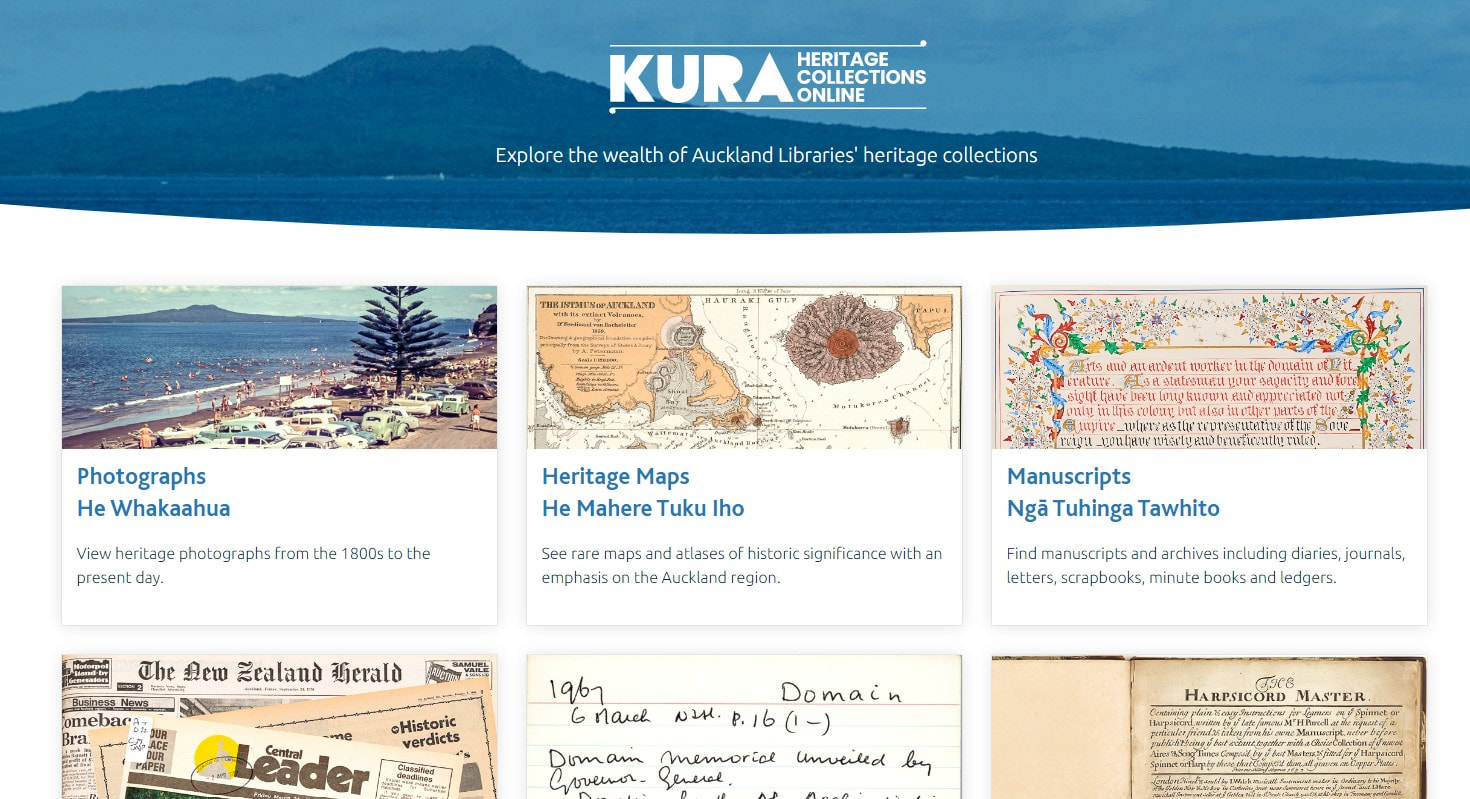
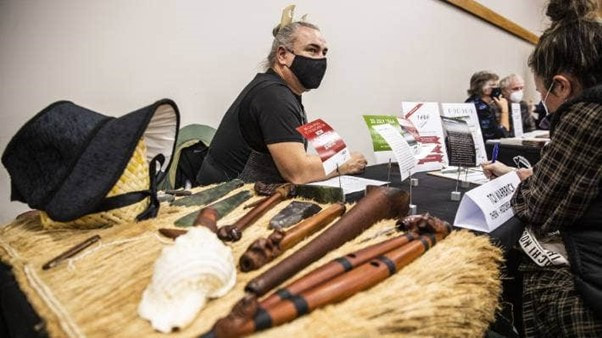
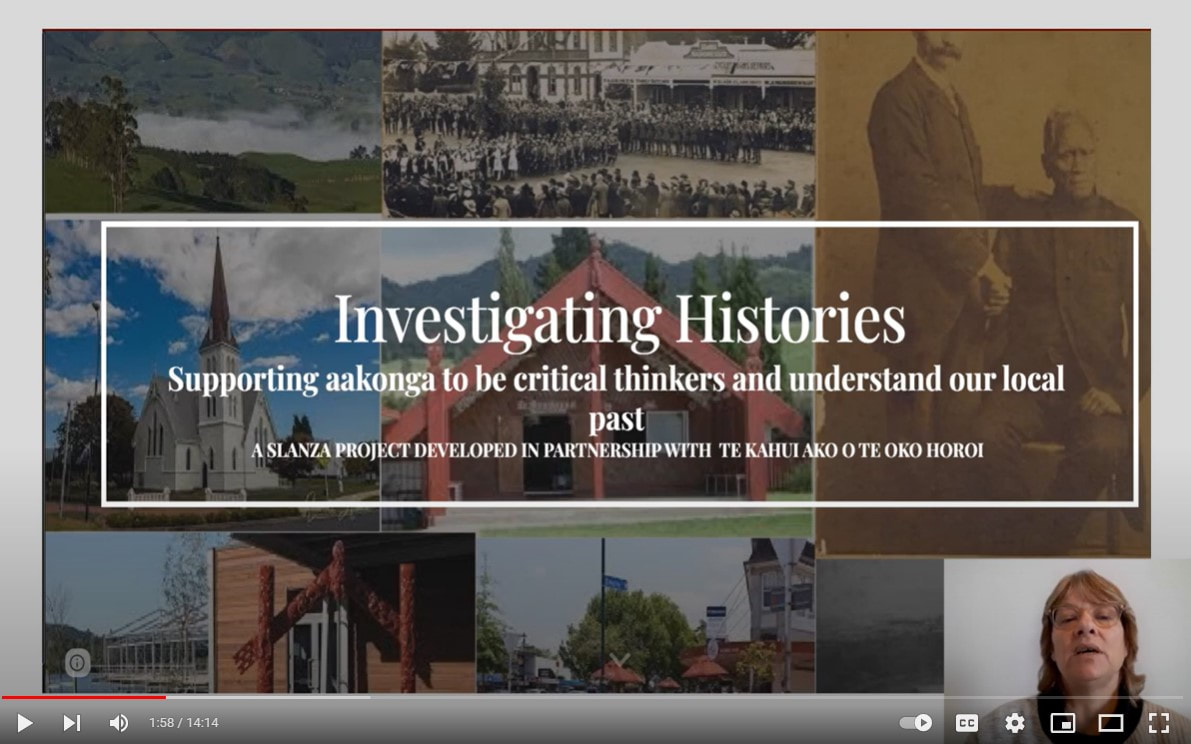
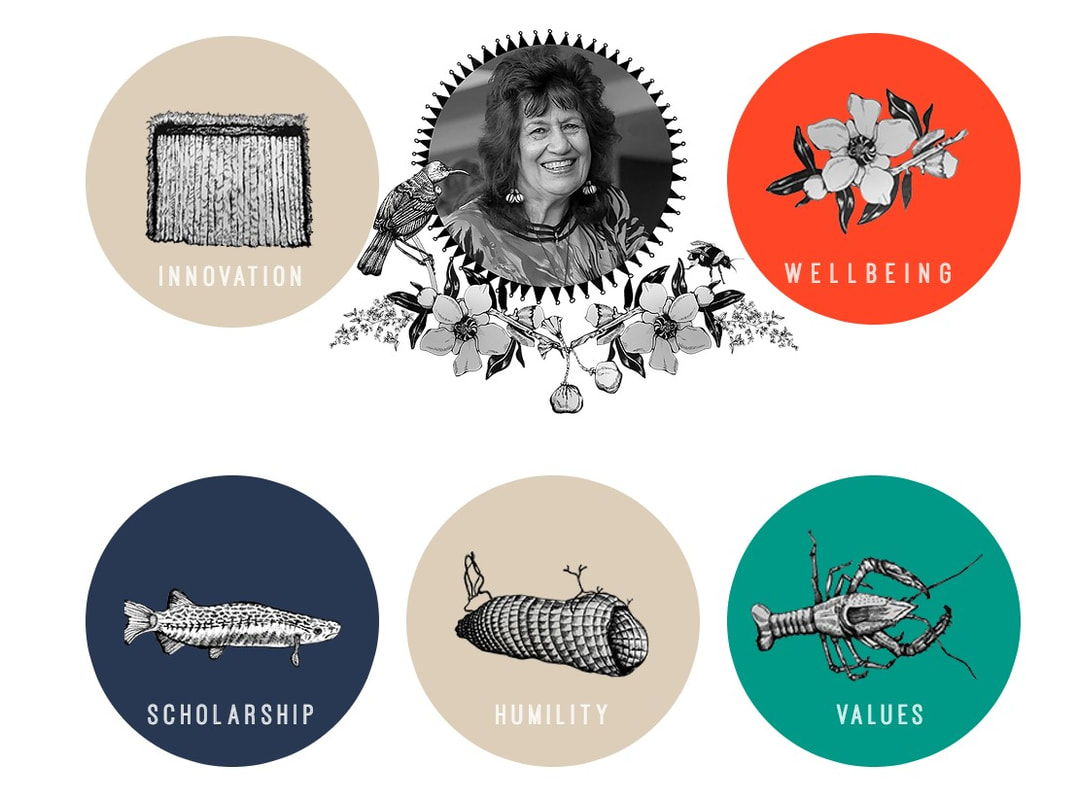
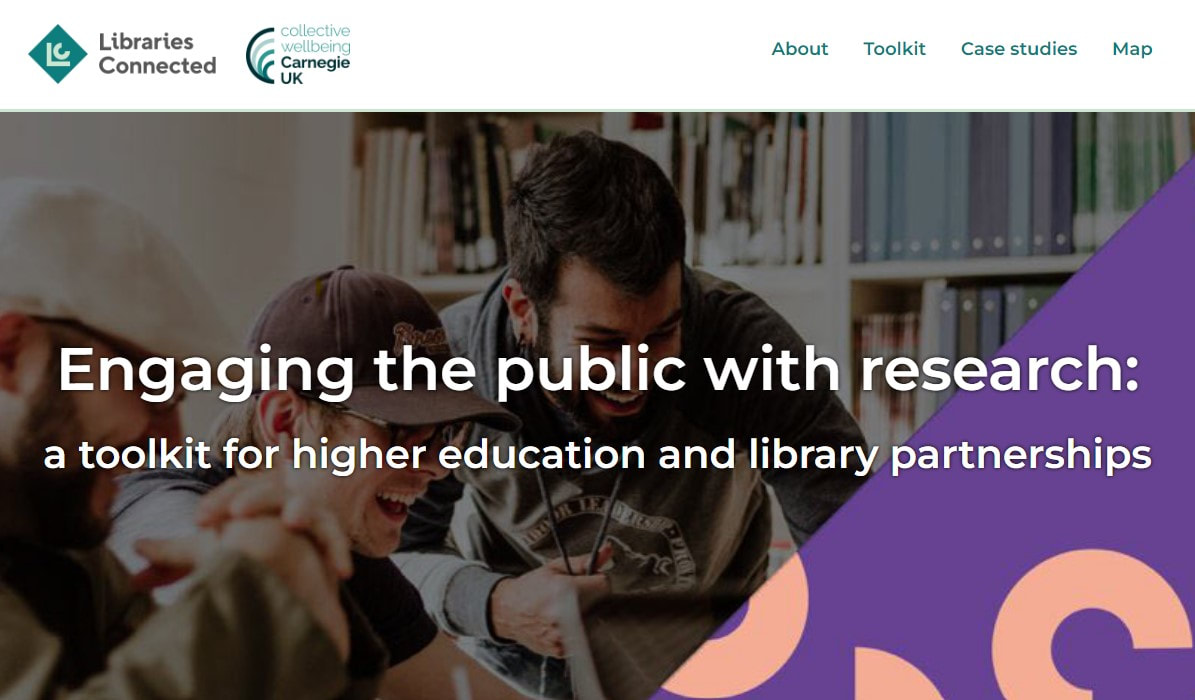
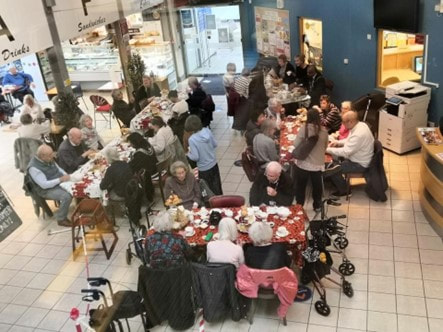
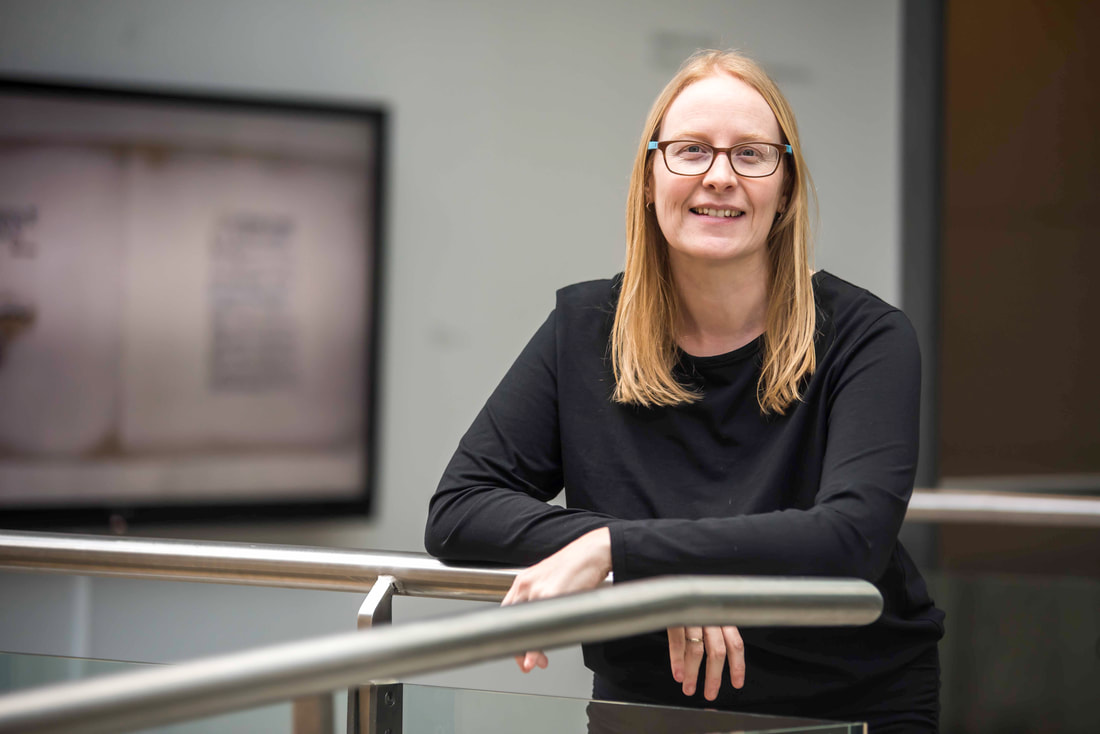
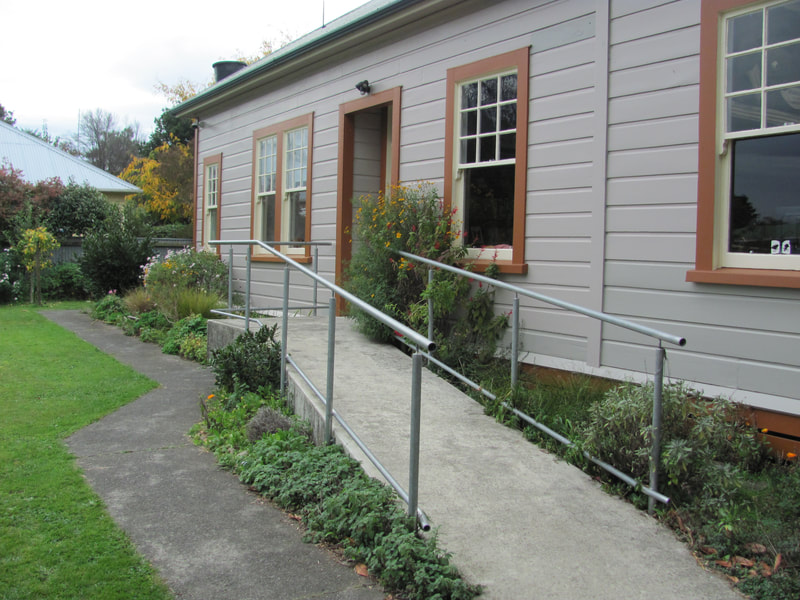
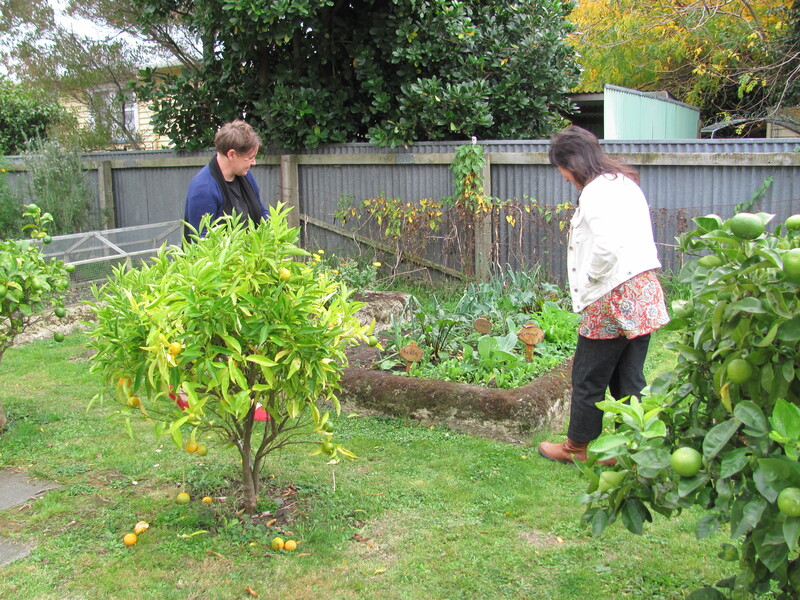
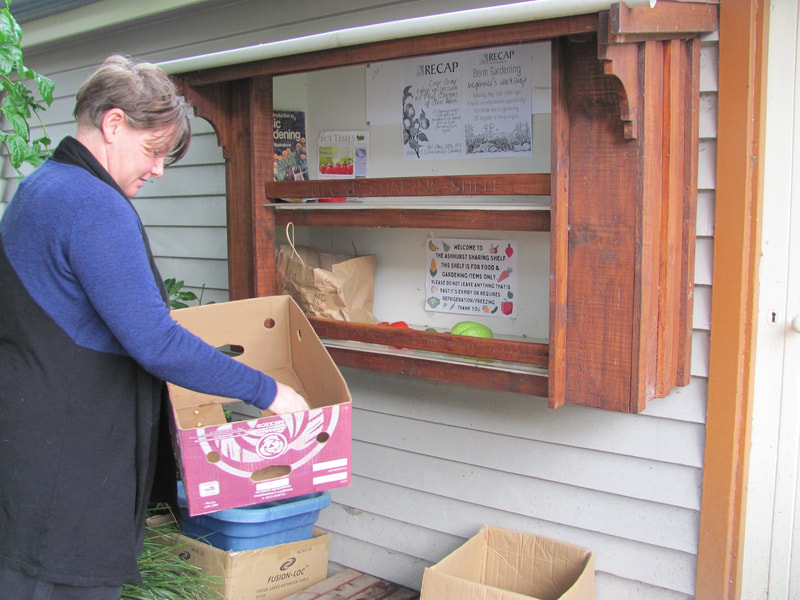
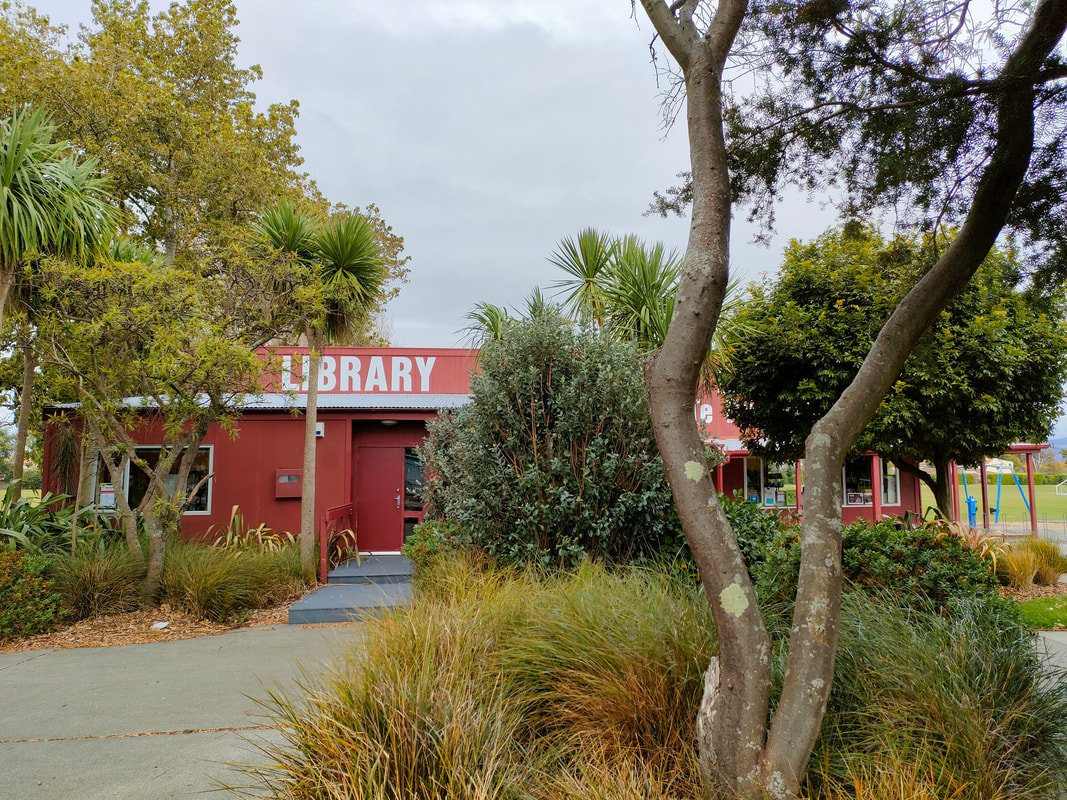
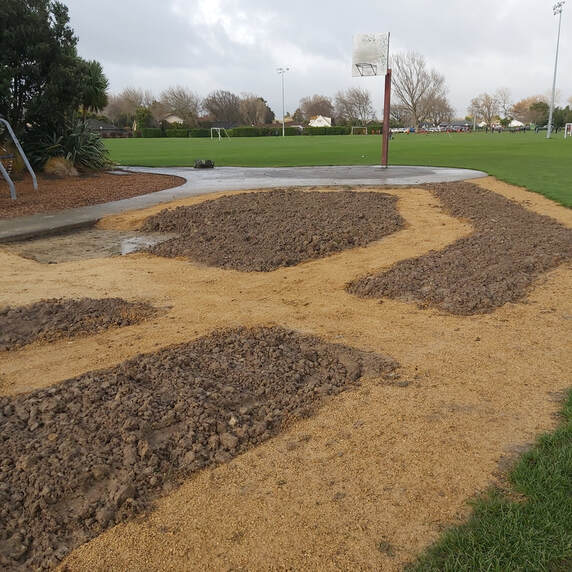

 RSS Feed
RSS Feed